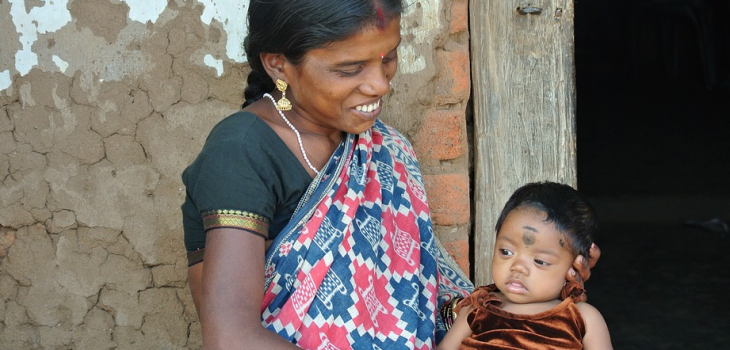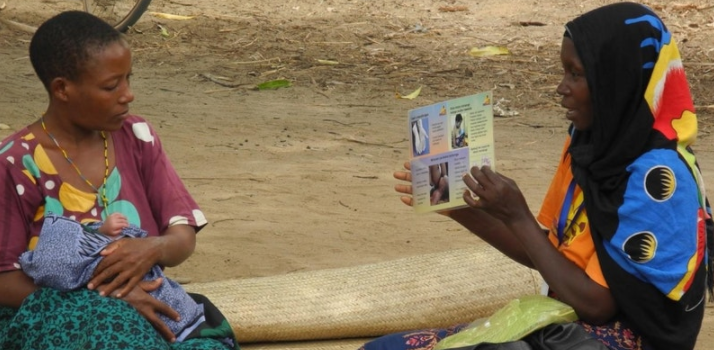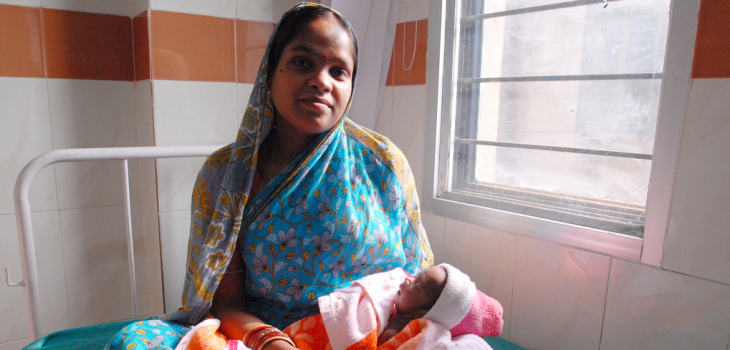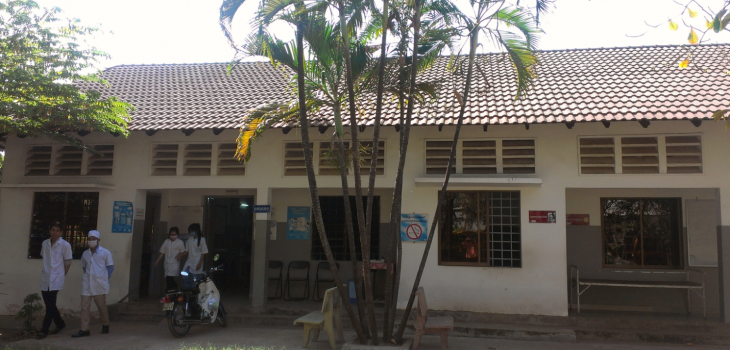By Jamie Enoch (Research Assistant in AIDS Policy, London School of Hygiene & Tropical Medicine)
World AIDS Day 2017
This World AIDS Day 2017, there is significant progress to celebrate as UNAIDS figures suggest that almost 21 million people living with HIV are now accessing life-saving antiretroviral treatment. However…




















